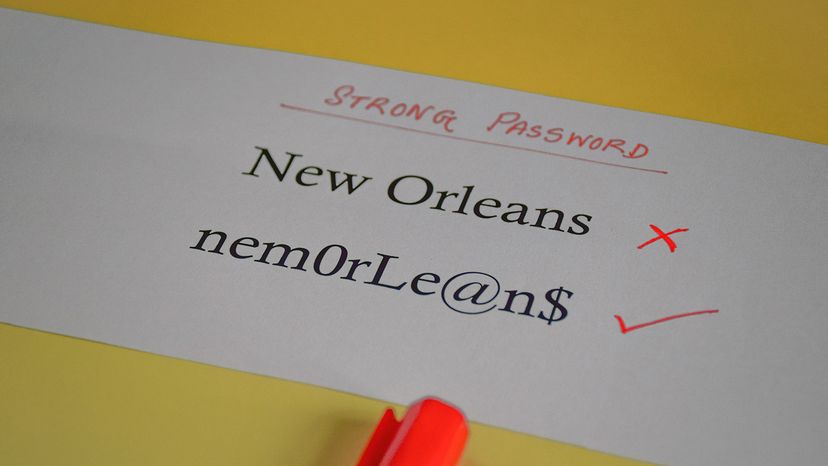Alphanumeric characters, as the name suggests, combine alphabetic characters (letters) and numeric characters (numbers). This combined set creates a flexible system that can represent a wide array of information.
Alphanumeric characters include both upper and lower case letters (A to Z, a to z) and numerals (0 to 9). Beyond these, special characters — such as punctuation marks and symbols — add further depth to the alphanumeric character set.
Components of Alphanumeric Characters
Alphanumeric characters encompass:
- Alphabetic characters: Alphabetic characters are just letters. They include both uppercase and lowercase letters from A to Z.
- Numerals: Numerals encompass the digits 0 to 9. In combination with alphabetic characters, numerals create a diverse range of possibilities for representing numerical values and quantities.
- Punctuation marks: Punctuation marks — such as commas, hyphens, parentheses and slashes — are critical in written language. Programming uses punctuation marks to structure code and convey specific meanings.
- Special characters: Special characters — including the dollar sign ($), ampersand (&), equal sign (=), national characters (£ or ¥) and other symbols — contribute to the richness of the alphanumeric character set. You can use them in a variety of ways, such as in computer code.
